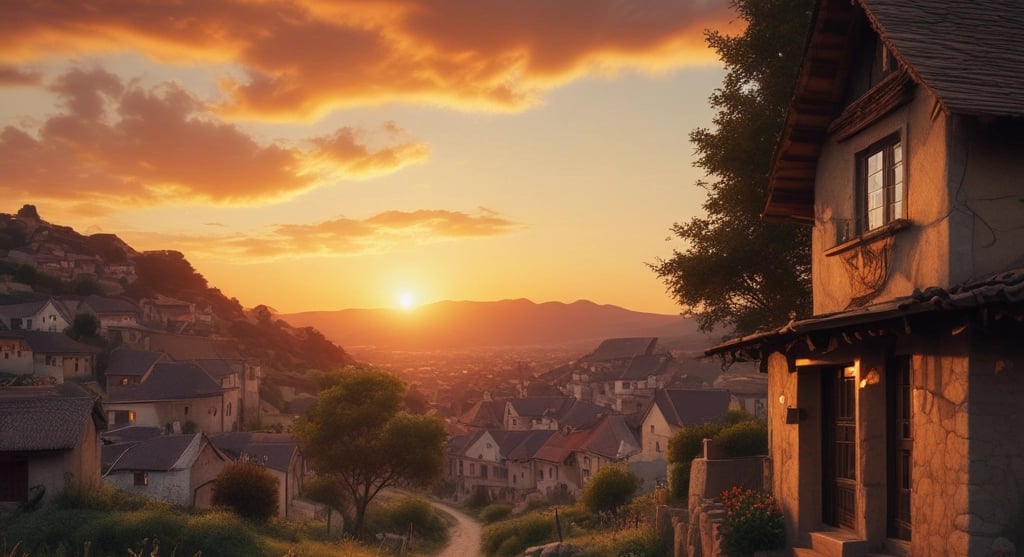"How much land does a man need?"
The greatest wisdom lies in knowing when we need to cease seeking for what we already possess. Happiness isn't about an unending quest, but recognising the bounties we already have.
Dr. Kaushik Dowarah
2/11/20253 min read
When I began reading Tolstoy in college, I was amazed by the wisdom hidden in those simple tales, but I also realized that I already knew some of those stories. It was in that moment as if by some divine epiphany, my respect for my mother increased astronomically. She was the one who instilled those stories in me when I was an inquisitive child, always pestering her to tell me new stories. I did not realize at the time how much reading she must have undertaken to convey those stories to me, nor how avid a reader she must have been before being ensnared with responsibilities. It was only when I read Tolstoy myself, I was astonished by the subtlety with which she instilled in me the profound insights that may have ignited in me the tenacity I required to lead the life I aspired to lead, a life without bowing down to archaic expectations of how a person should lead their lives. Albeit subconsciously, it was those stories that silently trained me to lead a life where I acknowledge and express gratitude for the privileges that I possess, and utilize them to uplift myself and perhaps, through my example (not necessarily loud), others, by living a life of courage.
Ten years ago, if you had asked me what kind of life I desired, I would have likely responded that I desired to attain fame, lead a lavish lifestyle, and possess all that money could buy. However, at the core of my being, I was cognizant of my naivety in seeking fulfilment in things that I had been conditioned to believe were of utmost importance in life; after all, all I truly desired deep within was to be happy. I am not disputing whether or not those aspirations bring happiness, perhaps they do. Perhaps there must be million paths to happiness. However, ten years later, I can attest to the fact that the greatest power lies not in attaining happiness, irrespective of its source, but in recognizing when the happiness that we have always been aspiring for has been realized, and knowing it was time to cease seeking for more and begin appreciating the bounties we have been bestowed. The greatest wisdom lies in knowing when to cease seeking for what we already possess.
More often than not, such happiness might be shrouded in simple things we never considered to be a part of the retinue of our aspirations, like a simple but fulfilling life with the most wonderful partner on a little farm on a hill, where excitement exist in the birds that come to greet you in the morning, in the magic of the dusk when the stars begin to climb the skies and the moonlight shines through, where the direction of the sun predicts the time of the year, and so on. That is quite a departure from the gleam and glitter I had aspired to ten years ago, but I would be a fool if I mistook what I have attained for a lack of happiness, just because it lacks the glittering lights of a big city where I miss the opportunity to dress up to the nines every weekend to dine out. I would be foolish to be so absorbed in the idea of happiness that I made myself believe when I was young that I did not recognize when the real thing had come to pass.
But is the journey easy? Of course not! There is no destination to that journey per se, and even if there is, I am yet to discover for I am a mere traveller still discovering my strengths and weaknesses every day. We often underestimate the difficulty of unlearning things and breaking a cycle we have been living for our entire lives. It takes everything to maintain what we have, to appreciate the little joys we have achieved, which sometimes require going against the big waves of a beguiled youth. The joys that are here to stay do not paint us exciting pictures of what life looks like in shimmering lights, or of what could be beyond the horizons of the present, but they promise us the certainty of the same mundane things we probably do every day. They promise us that those mundane things will stay even when no one else will.


